Which COVID Vaccine is Best?As the COVID-19 pandemic is entering its third year, it is known that the Omicron variant and its subvariant BA.2 are responsible for the increase in cases in India, mostly among those who have never been vaccinated. It's even causing infection in some vaccinated individuals. The positive side is that COVID-19 vaccinations are expected to remain efficient in preventing serious disease or hospitalization and deaths due to coronavirus. 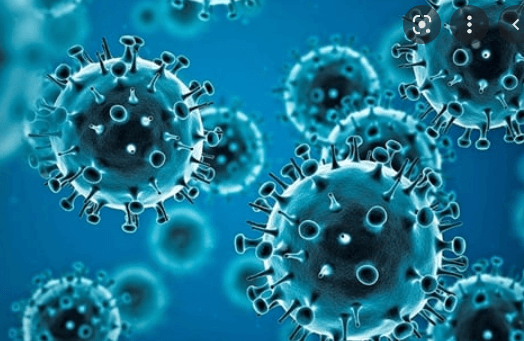
India has gone through three waves of the new coronavirus pandemic. The second one is the most destructive. It has caused severe damage with spiralling cases, decreased supplies of vital treatments, and increased deaths, particularly among the younger population, in India. Additionally, numerous cases of mucormycosis, also called "black fungus," have been reported in people with diabetes, those infected by COVID-19, and those who were recovering from the infection. The frequent use of steroids for the treatment of COVID-19 and immunosuppression led to the development of this fungal infection that opportunistic circumstances can trigger. The risk of the white fungus Aspergillosis--assumed to be even more fatal than the black fungus--is also on the rise, with some cases reported in parts of India. The risk of Aspergillosis (white fungus) is also prevailing and some cases have also been reported in parts of India. Its risk is assumed to be even greater than that of black fungus. SymptomsTypical symptoms of Covid-19 appear within 2-14 days of infection. Some cases were mild, while some were extremely severe and even fatal. However, there were many asymptomatic cases as well, showing no symptoms at all. Centres for Disease Control and Prevention (CDC) identified the following symptoms:
The World Health Organization (WHO) additionally listed the following fewer common symptoms:
Arrival of Vaccines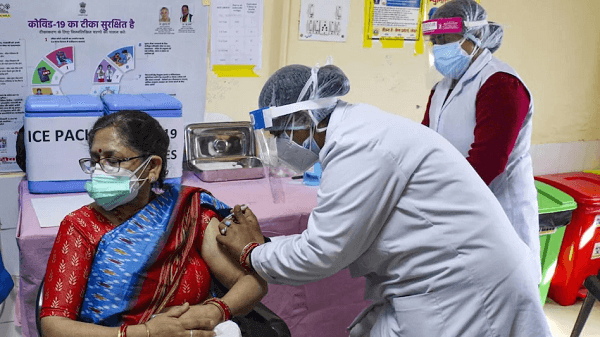
It was a matter of relief for all Indians when the government announced the first vaccination drive. 65.7 % of the Indian population has been fully vaccinated, and many have also received the booster dose. Vaccination campaigns are being accelerated throughout the country, and companies are developing more new vaccines to tackle the virus better. After the latest approval was granted to Moderna Inc's novel mRNA vaccine, India can now use four vaccines that fall within its scope. The remaining 3 are Covishield, Covaxin and Sputnik V. All of them have at least 50 per cent efficacy (The effectiveness rate determines the efficacy of a certain COVID-19 vaccine in clinical conditions and demonstrates how effective it is) since they've all received WHO approval. The latest addition, the novel mRNA vaccine's impact, is yet to be assessed. But we'll have a look at all of them to get a clearer picture as to which one is the best. 1. COVISHIELD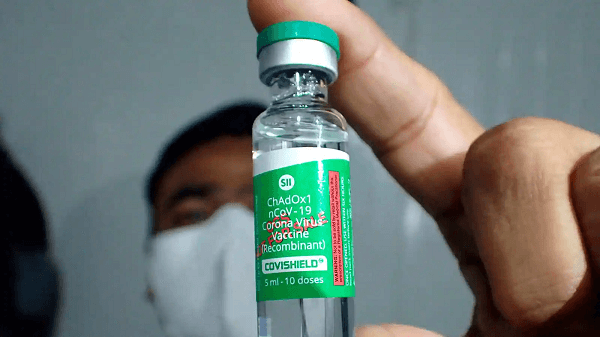
How it's made: Covishield jab (Oxford-Astrazeneca) vaccine is a vector-based vaccine that utilizes an adenovirus found in Chimpanzees called ChAD0x1 to release spike proteins and create an acceptable immune response in the face of a live virus. Efficacy: The Covishield vaccine, the first vaccine to be accepted to be used in India, has a demonstrated efficacy percentage of 70 per cent that can be increased to 91% if the doses are given 8-12 weeks between. The vaccine also produces an increased antibody response and helps prevent serious outcomes. Effectiveness against Delta Variant: With the Delta variant which has been the strongest one yet, Covishield's efficacy rate registered a drop to 65%. Pricing: At present, Covishield, manufactured by the Serum Institute of India (SII), is the cheapest of the vaccines being offered. Earlier it was being offered at Rs. 600 but now the price has been reduced to Rs. 225 for private hospitals. Side effects: The side effects linked to COVID-19 vaccinations are thought to be reactivity-related and will disappear in a few days. But, as observed, the effects of side effects can differ in their intensity between vaccines, which could be a reason for taking into consideration. According to experts, even though Covishield induces a stronger antibody response at the initial dose, the side effects severity may be greater than others. The minor, reactive side-effects of most vaccines can be similar, resulting in chills, mild fever and fatigue, muscle pain, malaise, headache, and sometimes nausea. Immunity: The level of immunity conferred by a COVID-19 vaccination can be measured by the number of long-lasting antibodies it creates. Researchers from Oxford University, who also was the chief in developing the Covishield vaccine, have recently discussed how the booster shot 10 months following the first shot could significantly boost antibody levels and give a long-lasting immunity. 2. COVAXIN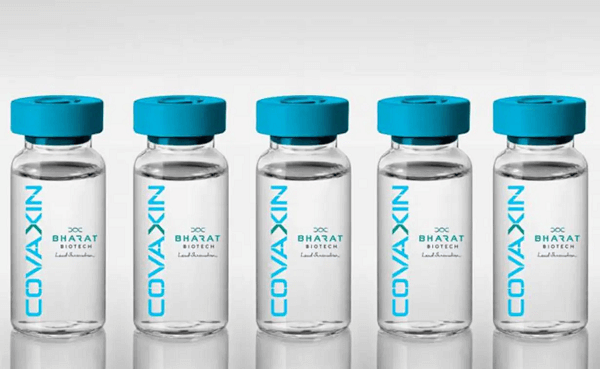
How it's made: Covaxin, developed and produced in India, employs the same inactive virus strain. Both covishield and covaxin are created with traditional vaccine-build platforms. Efficacy: Covaxin, which recently completed the third phase of tests, shows an efficacy level of 78%, in addition to offering 100% protection from severe death. Effectiveness against Delta Variant: Like Covishield, a drop of 61% has been seen in the efficacy rates of Covaxin against the Delta variant. Pricing: Covaxin is manufactured by Bharat Biotech, and its price has now been reduced from Rs. 1200 to Rs. 225 for private hospitals. Side effects: It has no major side effects. Immunity: An ICMR study from the past ICMR study has demonstrated that breakthrough cases following a full vaccine with Covaxin have demonstrated significant increases in the immune response to coronavirus variants that are of interest --Beta, Delta and Omicron. 3. SPUTNIK V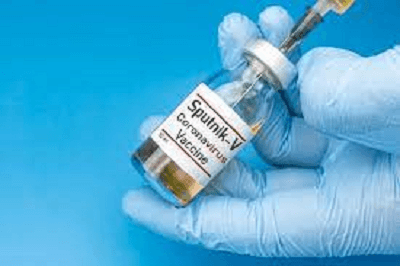
How it's made: Sputnik V uses a weaker strain of the typical cold virus, known as adenovirus, to increase a tolerable immune response. Efficacy: According to RDIF, Sputnik V has an efficacy rate of 78.6 per cent to 83.7 per cent based on the results of various trials and case studies. Effectiveness against Delta Variant: With Sputnik V, too, a fall in the efficacy rate has been noticed. But experts say the fall is negligible and inconsequential. Pricing: Sputnik V is said to be priced between Rs. 950-1000. Side effects: Like Covaxin, it has no major side effects. Immunity: Based on a well-established and well-studied system of human adenoviral vectors, Sputnik V leverages heterogeneous boosting that employs two distinct vectors to create two shots. This approach boosts the ability to protect for a longer time over vaccines that utilize the same delivery mechanism to deliver both vaccines. 4. MODERNA'S mRNA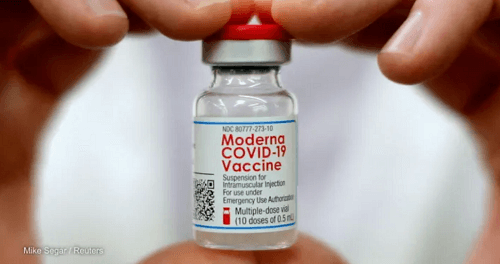
How it's made: Moderna's COVID vaccine mRNA was among the first vaccines to be approved worldwide. It is produced with a novel mRNA technique (messenger RNA) which instructs cells to create an innocuous fragment from the spike protein like the coronavirus itself and trigger an immune response. mRNA vaccines are thought of as new technology, have their benefits and are thought to be more effective. However, using traditional technologies for vaccines can be considered a safer option; however, it is stable and attracts many users. Efficacy: Moderna's hoped-for COVID-19 shot mRNA-1273 has been proven to be among the highest in terms of effectiveness. The company completed tests in December; it was confirmed that the vaccine is effective at 91% or more, which is highest when two doses are administered. The company is currently conducting studies on children under 16 years old, and interim results have shown that this vaccine can be as effective when administered to children. Effectiveness against Delta Variant: As for Moderna's make, recent evaluations of this vaccine have proved that the vaccine can counteract antibodies against such VOCs as well as it can offer a good level of protection at a lower efficacy rate. Therefore, the combat power of the mRNA against Delta and other variants of COVID-19 may offer it an advantage. Pricing: Moderna's mRNA vaccination, which has been approved to import, could be released soon. Although the price of the vaccine isn't publicly announced, it's likely that at private hospitals and clinics, Moderna's vaccine will cost significantly more than other vaccines. Side effects: Moderna's COVID-19 vaccine can also cause reactogenic side effects that could be similar to the effects of Covishield. Preliminary research findings indicate that Covishield and Moderna are more prone to the chance of causing adverse or even serious reactions, such as blood clots and heart inflammation (myocarditis). The shot could also trigger unexpected side effects, like the famous COVID arm. Immunity: Recent studies have revealed that mRNA-based vaccinations like the one provided by Moderna might provide greater immunity that could last for a long time and thus may not require booster shots. The findings are based on smaller studies and will require further research. But it's something like a ray of hope for the moment. The bottom lineThe availability of vaccines will allow people living in India as well as overseas to make a better selection. When choosing the right vaccine, the elements to consider could be based on one's health, age, and financial situation. However, suppose you suffer from concerns about health issues or are immunocompromised. In that case, experts advise you to make a sound decision by considering the advantages and disadvantages as well as speaking with a physician and selecting an appropriate vaccine because you require a more efficient vaccination with a longer-lasting immune system. It is the same for people who are susceptible to allergies. Each vaccine comes with its own set of benefits and risks; however, those accepted for use effectively reduce the risk of contracting COVID-19. The best choice for a person is one they have access to and are comfortable taking. |
 For Videos Join Our Youtube Channel: Join Now
For Videos Join Our Youtube Channel: Join Now
Feedback
- Send your Feedback to [email protected]
Help Others, Please Share









